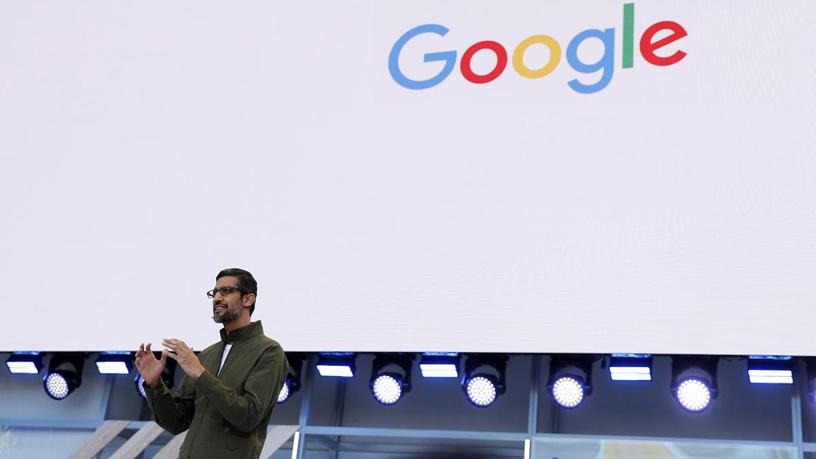
Google caused a stir last week, when it demonstrated a far too realistic human-sounding bot making a phone call on a human's behalf at its annual developer conference.
This resulted in the technology conglomerate taking several steps back, promising to have bots identify themselves as such in future.
The new feature, called Google Duplex, is part of the company's artificial intelligence (AI)-driven digital personal assistant, Google Assistant.
Google defines it as: "A new technology for conducting natural conversations to carry out 'real world' tasks over the phone.
"It is technology directed towards completing specific tasks, such as scheduling certain types of appointments. For such tasks, the system makes the conversational experience as natural as possible, allowing people to speak normally, like they would to another person, without having to adapt to a machine."
During the demo last week, Google CEO Sundar Pichai showed Google Duplex making a hair appointment and a restaurant booking with seemingly unsuspecting people on the other end of the call.
The bot sounded natural, even including ums and mm-hmms in the dialogue, but at no point did it identify itself as a bot.
While this type of technology is impressive, it raised questions around the ethics of bots not identifying themselves as such.
Meeting of Minds: ITWeb Artificial Intelligence 2018
Register now to attend Meeting of Minds: ITWeb Artificial Intelligence 2018 at The Forum, Bryanston on 1 and 2 August. Dr Aimee van Wynsberghe will join other industry leaders in discussing their experience of the best practices for artificial intelligence, machine learning, IOT and robotics. For the agenda, click here.
Twitter user Ridwan said: "Google Duplex is both amazing and scary at the same time. We are inching towards an Orwellian world and I think it's high time we talk about the ethics behind it."
Another user, Illimitable, tweeted: "Google Duplex: an AI that makes automated calls but speaks like a human and understands the context/nuance of conversation which allows it to adapt and pose as a human.
"Do people have the right to know if they're talking to a machine? A serious ethics debate has to be had on this."
The Internet was also awash with parodies after the announcement, suggesting how people could use this feature to do other tasks, such as break-up with a partner.
Google has since said the technology was built to sound natural and make the conversation experience comfortable.
"It's important to us that users and businesses have a good experience with this service, and transparency is a key part of that. We want to be clear about the intent of the call so businesses understand the context. We'll be experimenting with the right approach over the coming months," Google said in a detailed blog post.
Meanwhile, World Wide Worx MD Arthur Goldstuck says: "People tend to be quite alarmist about trivia and blas'e about the serious stuff. Whether you know it is a bot or not is almost like arguing about the right to know if the call centre is in South Africa or India. Bots are a form of outsourcing calls."
He says the real problem with using bots for these types of tasks is that it further dehumanises communication.
"If call centres were bad, bots will be worse. In other words, when you deal with a call centre, you often find yourself beating your head against a wall, because they can't figure out your problem. This is because if your problem doesn't fit perfectly into their processes, the call centre agent can't help you. With bots that problem will be even worse, because you can't argue with a bot."
Google Duplex was only demonstrated on stage at the conference, and those in attendance could not play around with the technology afterwards and test it out, unlike other technology innovations in previous years.
Goldstuck says: "Always remember the Steve Jobs trick: when the product wasn't ready, it was rigged to appear it was working smoothly in a demo.
"If Google Duplex does work as demonstrated remains to be seen, but I have no doubt it will be an effective product. However, my suspicion is that you will see regulation that forces bots to announce themselves.
"We are only at the beginning of the use of AI in communications. Over the next decade, we will see a rapid evolution of the use of AI in communications, but it will be incremental, and we won't realise how much it is changing until we wake up one day and realise we've gotten used to a new way of communicating."
Share